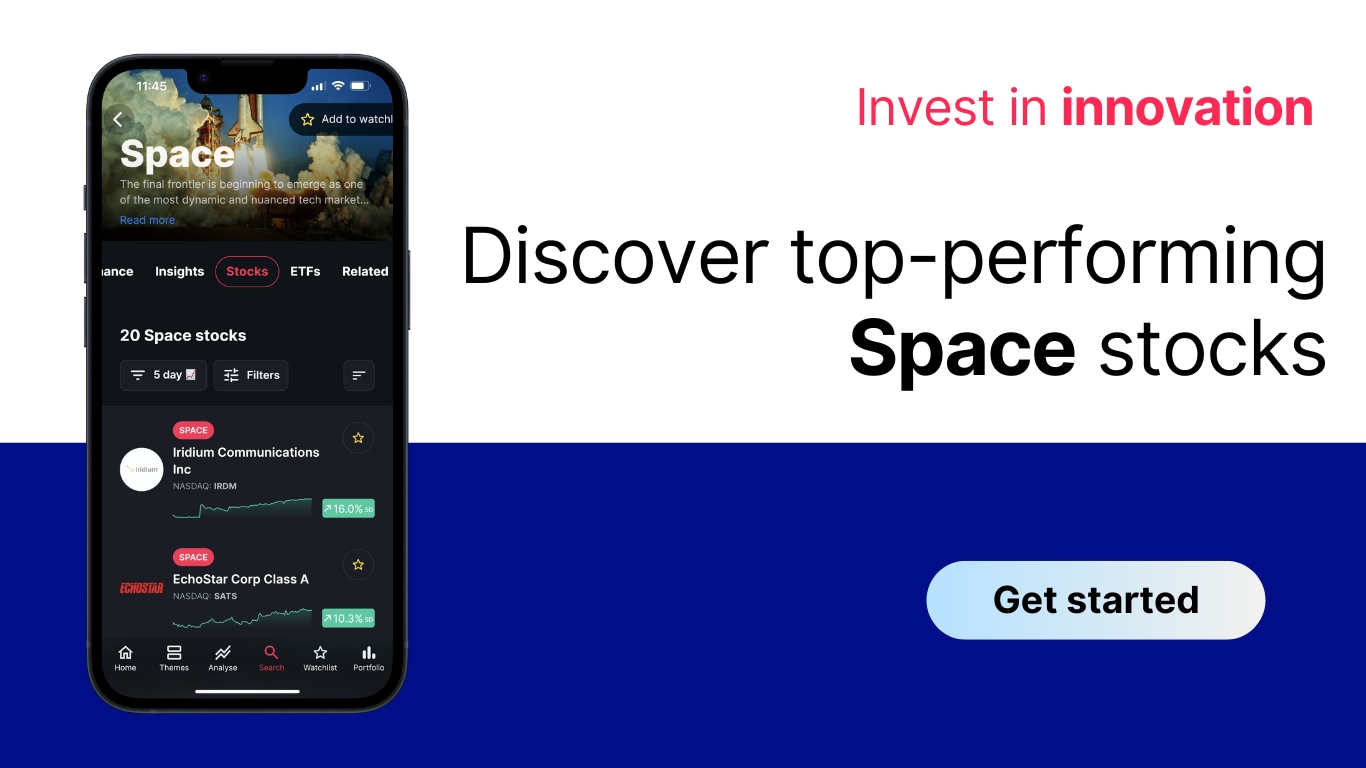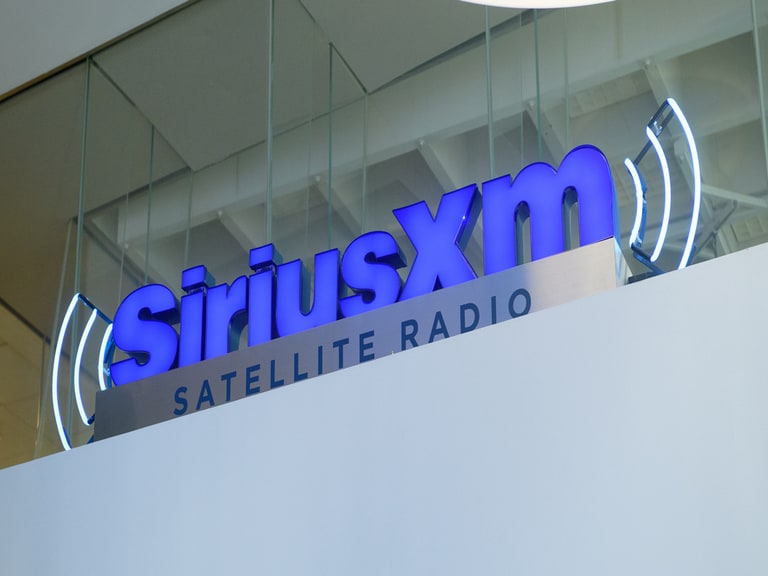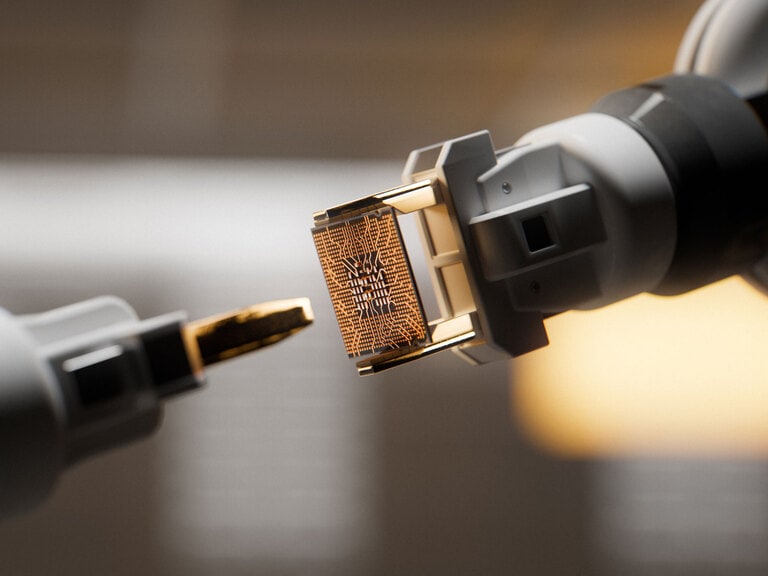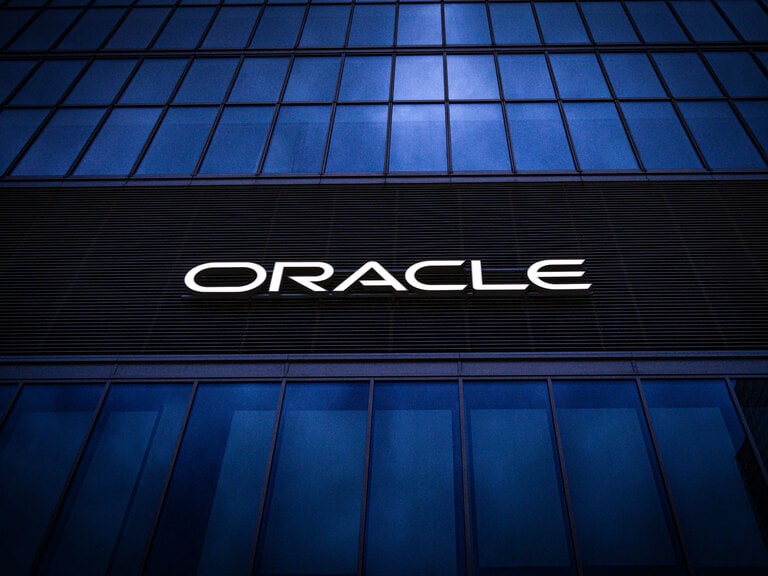The space economy is forecast to be worth $1trn by 2040, according to Morgan Stanley analysts. The Rocket Lab share price may receive a significant boost from this growth: while there’s a race on to launch rockets and satellites, CEO Peter Beck told OPTO that the long-term winners will be those companies that can provide services to customers back on the ground.
End-to-end space company Rocket Lab [RKLB] is targeting a 2024 launch window for Neutron, its competitor to SpaceX’s Falcon 9.
“Right now, we have a schedule that closes for a launch by the end of the year. But we’ve got a lot of testing to get through,” Rocket Lab CEO Peter Beck said on the most recent earnings call in February.
A successful launch could help to propel ‘super investor’ interest in RKLB stock.
Cathie Wood is the only super investor confirmed to have bought Rocket Lab shares in Q1 2024, snapping up approximately 1.5 million and boosting her stake by 33.8%, according to Stockcircle.
Steve Cohen, Chairman, CEO and President of asset management firm Point72, started a position in the stock in Q4 2023, buying approximately 109,000 RKLB shares. Ken Griffin, Founder, CEO and Co-Chief Investment Officer of Citadel, bought 2.9 million RKLB shares in the final three months of last year, representing a 144.2% jump in his holding.
Rocket Lab Learns from Launch Failures
The Rocket Lab share price has crashed back to earth since peaking at a 52-week high of $8.05 last July. It closed on 23 April at $3.68, down 33.5% year-to-date.
The fall in the share price was accelerated by a launch failure of its smaller Electron rocket last September, which ended a string of “20 consecutive successful orbital missions and 37 successful Electron missions”, according to a November press release.
The company identified “a highly complex set of conditions that are extremely difficult to replicate in testing” as the cause of the failure.
Learning from launch failures is critical to surviving in the space industry. Rocket Lab has continued to successfully launch a combination of Electron rockets and satellites in the months since the crash.
The lessons learned during the Electron launches and test flights is also helping Rocket Lab to prepare for its maiden Neutron launch.
Everything that has been learned on smaller rockets, including reusability — the company is preparing to relaunch an Electron booster for the first time — can be applied to larger rockets, Beck told OPTO Sessions earlier this month. This is one unique advantage that Rocket Lab’s Neutron has over Space X’s Falcon 9, he argued.
“We’ve learned a bunch of really expensive and hard lessons on Electron, which, when you go to apply them to a larger vehicle, save you a lot of time, effort and energy,” Beck said.
Space Infrastructure
While rockets are “the keys” to success in the space economy, Beck is clear on one thing: the long-term winners of the space race will ultimately be those firms that can build and provide the infrastructure for space services.
Rocket Lab is hearing from customers who aren’t interested in the technical aspects of launches, such as the payload or the energy required.
“We’re at a really interesting inflection point where customers are coming to us and saying, ‘I want to do this thing on Earth, I think it can be done from space. I don’t know anything about satellites and, quite frankly, don’t want to know anything about satellites and all of the operational constraints that go with them. I just want to provide the service on the ground. Can you do it?’,” Beck told OPTO.
Rocket Lab has already put itself in a strong position with a series of contract wins, including a $14.5m contract awarded by the US Space Force to launch a mission on an Electron rocket into very low Earth orbit. The mission, known as STP-S30, is expected to take flight within two years, as the company announced on 8 April.
STP-S30 is part of Orbital Services Program-4, which has been established to provide small launch services to US government agencies.
Government and commercial contracts could be a key catalyst for the Rocket Lab share price in the future. Back in January, KeyBanc analyst Michael Leshock initiated coverage of Rocket Lab with an ‘overweight’ rating and price target of $8, an upside of 117.4% from its 23 April closing price.
Leshock noted that the company is demonstrating it’s able to meet demand “for both launch services and satellite manufacturing”.
ETF Interest in Rocket Lab Takes Flight
A number of thematic ETFs offer exposure to Rocket Lab.
The Procure Space ETF [UFO] has allocated Rocket Lab 4.4% of its portfolio as of 24 April. The fund is down 15.8% in the past year through 24 April and down 16.9% year-to-date.
The ARK Space Exploration & Innovation ETF [ARKX] has allocated Rocket Lab 2.2% of its portfolio. The fund is up 6.7% in the past year and down 6.3% year-to-date.
Continue reading for FREE
- Includes free newsletter updates, unsubscribe anytime. Privacy policy






